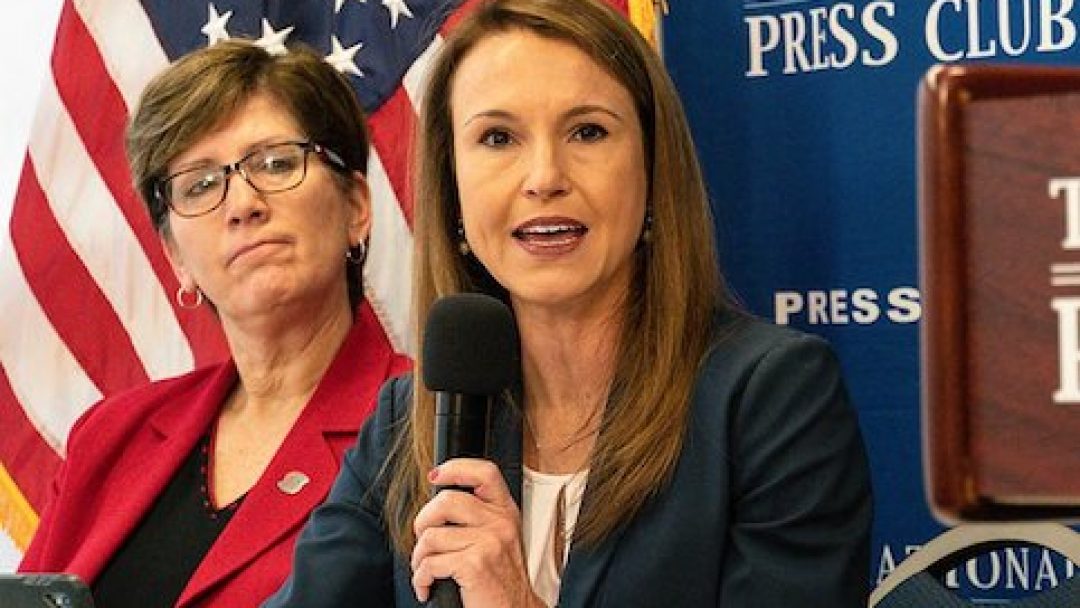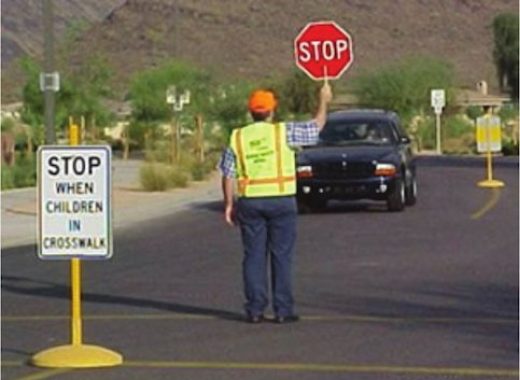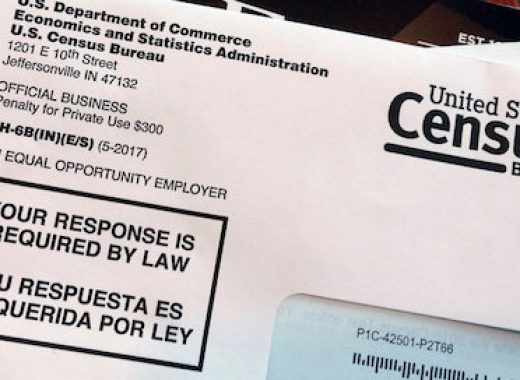When it comes to concussions, appropriate and immediate treatment is vital, especially with the unfortunate frequency with which concussions are initially overlooked.
“What we find instead is a lot of times people making excuses: ‘Oh well they’re just dehydrated,’ or ‘They got the wind knocked out of them,’ or ‘They had a headache,’” said Jennifer Wethe, the co-director of the Mayo Clinic Arizona Sports Neurology and Concussion Program. “Or any of these other things for why there might be some symptoms there instead of actually just checking them out objectively.”
Thanks to newly-developed protocol from Wethe, athletes will have the ability to receive concussion testing in less than three minutes and the test will be simple enough to be administered by an amateur.
Wethe recently spent time in Washington to launch a national collaborative project that will work towards completely removing risks for all youth sports injuries, with help from an increased awareness, improved data collection and the addition of systems such as Wethe’s new concussion test.
The Athlete Incident Management System platform, or AIMS, was developed in a partnership between Mayo, U.S. Youth Soccer, InjureFree and the U.S. Center for SafeSport. The partnership provides the ability to gather brain injury data, in addition to the opportunity to educate parents and young athletes on concussions. The project has the potential to help in both keeping children safer and improving the recovery time following injuries.
The group of people currently with access to the platform includes members of U.S. Youth Soccer, along with teams in 15 states. The
Powered by InjureFree, the program provides administrators with the opportunity to track and report concussions and other injuries in real-time, along with remaining informed on athlete safety regulations at the state and federal levels.
Current plans include an expansion of the project to every state where a U.S. Youth Soccer association exists, along with expansion to sports outside of soccer.
“This tool has the relevance and appeal to be used outside of soccer,” Chris Moore, CEO and president of U.S. Soccer Youth, said.
Wethe said that football and hockey teams across the Phoenix Metro Valley are already using the Mayo Clinic’s protocol.
Also involved in the project is the U.S. Center for SafeSport, which provides abuse prevention education in sports. President and CEO Shellie Pfohl said sports concussion risks are higher for young athletes who have suffered emotional trauma.
“Anytime something happens and takes a child or adult love for a sport away, then that’s one too many,” Pfohl said.
Arizona state law requires that if concussion-like symptoms are recognized, coaches must remove the athlete from the game.
Arizona Interscholastic Association assistant executive director Joe Paddock said that “our state law pretty much dictates that a student can be removed from the competition by any number of people.” Once a student is off the field, only trained medical professionals can clear him or her to go back in the game.
“Our coaches have pulled students out of games, officials have also sent students off the field of play during a game because they suspect a concussion,” Paddock said. “So I’m not sure why there would be hesitation to pull a student out of practice or out of competition.”
Through the use of Wethe’s test, athletes in need of help will receive the proper treatment, while those that are healthy enough to return to the field will be cleared to do so.
“Odds are with our protocol that we have with concussion check. … if they (children) pass every step of that, the odds of them actually having concussion is pretty darn low,” Wethe said.








